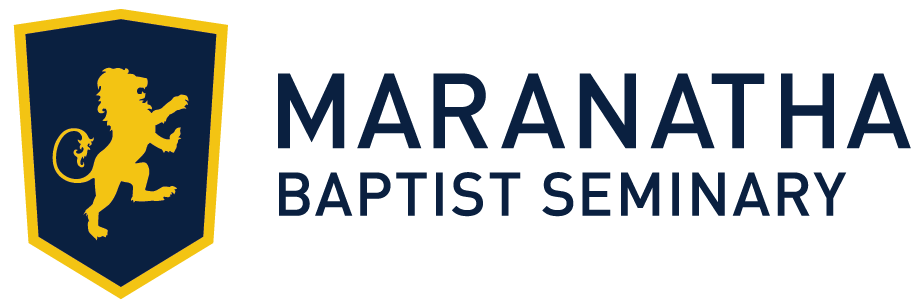Offered On-Campus
Offered Online
Effective research requires a plan. Efficiency of time and use of resources can make the difference in the degree of success the student will experience in his projects.
Suggested method of research
- Begin with a topic. Once the topic is chosen, you may consult a Bible/theological dictionary or encyclopedia for a general description of your topic (for example, “dispensationalism”).
- Write down a list of key words–names, dates, places, and themes.
- You now have valuable search criteria. By using a key word search on any research tool, you may locate relevant books and journal articles. Throughout your research, you will likely want to narrow your topic. A suggested order for most research papers would be Bible computers (primarily for exegetical work), the library catalog, theological journals online, and federated searching.
Helpful hints
- If you find a helpful book in our library, look in that general section (ie. 230.046) for related books; maybe you missed them during your research.
- If you find a helpful book or article, that author may have other helpful materials available. Search the catalog by that author.
- You may want to check the footnotes, endnotes, or bibliographies of helpful books and articles. These may be your most valuable research tool.
- Dialogue with others who have studied or thought about your topic.
- Don’t become so absorbed in extra-Scriptural materials that you forget to search Scripture itself. Good research is grounded in exegesis and aided by reflective books and articles (John 5:39).
- Every Bible student needs a gateway for theological research. The tools below can be used to broaden, narrow, or refine your research by accessing credible books and articles for in-depth study. Each student would do well to become familiar with each tool, first by perusing its description and then by practicing its application.




